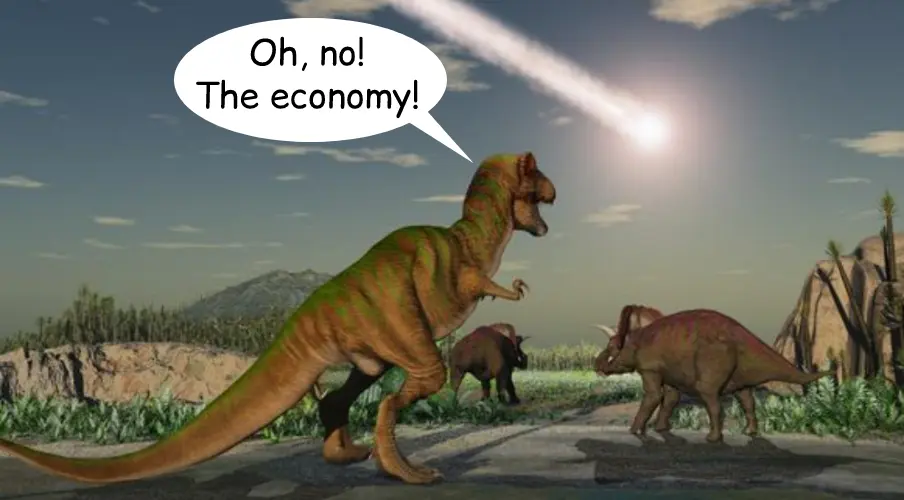I started reading Ministry for the Future during last year's horrible heat wave in Britain. My wife is a care worker and we were worried she'd arrive at people's homes to find them dead. I had to stop reading because it was too real at the time. Thankfully non of her clients died during the heatwave.
As for mass causualty events, we've already had them—they just aren't reported as such. Until these deaths are explicity reported as such in real time, people (survivors) will still feel disconnected. Just look at how long it took to attribute this girl's death to air pollution.

And then there are pandemics among crops to worry about: